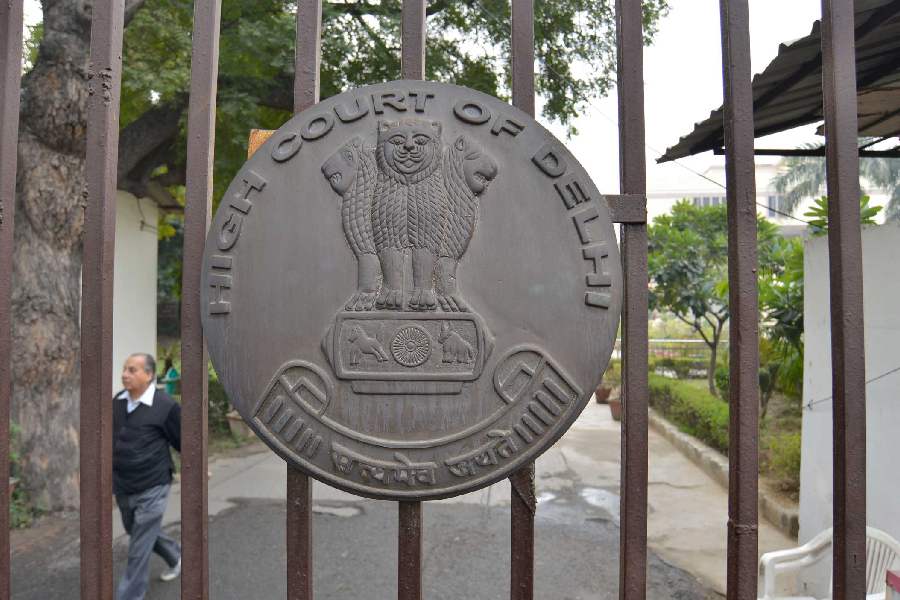Asserting that rape cases cannot be settled out of court, the Delhi High Court has expressed its concern over a trial court judge allegedly suggesting a compromise between the perpetrator and the victim to resolve the issue.
Justice Swarana Kanta Sharma said it is incumbent upon the judiciary to uphold the dignity and rights of victims of sexual assault, and when such a proposal for settlement comes from a judge, it runs counter to the principles of criminal justice system and fair trial.
The court's observations came while refusing to quash an FIR over alleged rape following a settlement reached between the parties purportedly following the judge's intervention.
"This court expresses concern over the conduct of the learned Trial Court Judge, if it is true, that the Trial Judge had suggested and assisted the accused and the victim, in a case under Section 376 (rape) of IPC, to settle the matter, while the same Court was recording the prosecution evidence," Justice Sharma said in a recent order.
"This court is disturbed by the fact that it was the learned Trial Court Judge, as stated at bar as well as in the petition which is accompanied by an affidavit regarding the truthfulness of averments made in the petition, who had enquired from the victim if she wished to enter into a compromise with the accused," Justice Sharma added.
To avoid "aspersions" against fair trial, the court directed that the trial in the present case be transferred to another judge.
The prosecutrix had alleged that the accused established physical relations with her without her consent, and blackmailed her by threatening to kill her family members and post her objectionable photographs on social media.
While seeking quashing of the FIR on the basis of the settlement, the accused said whatever happened between them was consensual and he would pay Rs 3.50 lakh to the prosecutrix as compensation.
The court said an offence of rape cannot be quashed on the basis of a settlement or compromise between the victim and the accused unless there are extraordinary circumstances to show abuse of the process of law or miscarriage of justice.
The court said while on one hand the accused insisted he was in a consensual relationship with the alleged victim, on the other, he offered to pay her Rs 3.50 lakh.
"This raises significant doubts and uncertainties about the claims made within the Settlement Agreement. If the victim’s prior statements were indeed based on a misunderstanding arising from a consensual relationship, the need for monetary compensation to settle the matter becomes questionable. Conversely, if the accused is offering money to the victim, it may also imply an acknowledgment of guilt on his part, which contradicts the assertion of a consensual relationship," observed the court.
The court said the offence of rape was a heinous violation of a woman’s bodily autonomy and allowing the settlement would trivialise the sufferings of a rape victim and reduce her anguish to a mere transaction.
"The very notion of suggesting a compromise in a case such as the present one reflects a fundamental misunderstanding of the nature and gravity of offences like rape. These are not matters which can be resolved through payment of money or out-of-court settlements; they are crimes committed against the individual as well as society as a whole, for which accountability has to be fixed, perpetrators are to be punished and justice is to be delivered to the victims through the judicial process," the court said.
The court said if a compromise is allowed, a message would go out to the perpetrator that the heinous act can be absolved by paying money to the victim, a notion as "repugnant as it is repulsive".
Except for the headline, this story has not been edited by The Telegraph Online staff and has been published from a syndicated feed.











